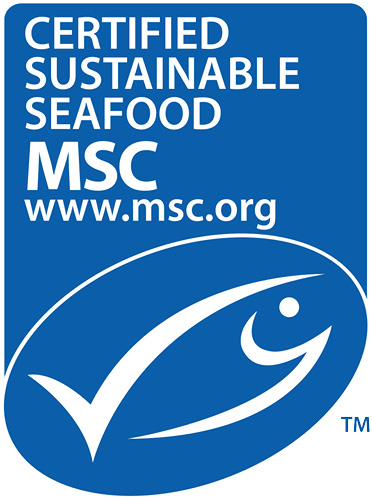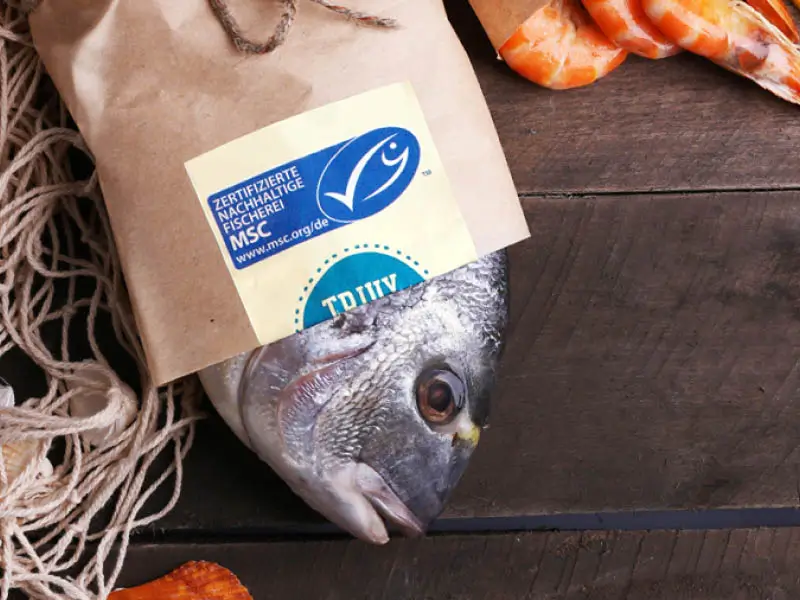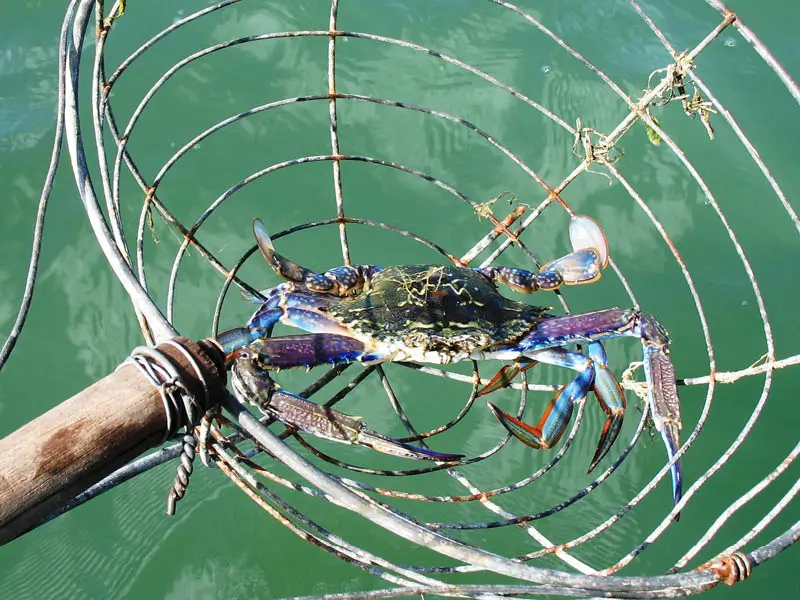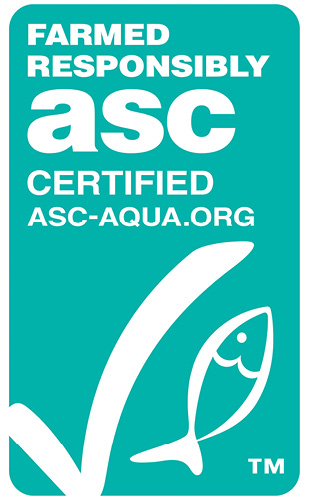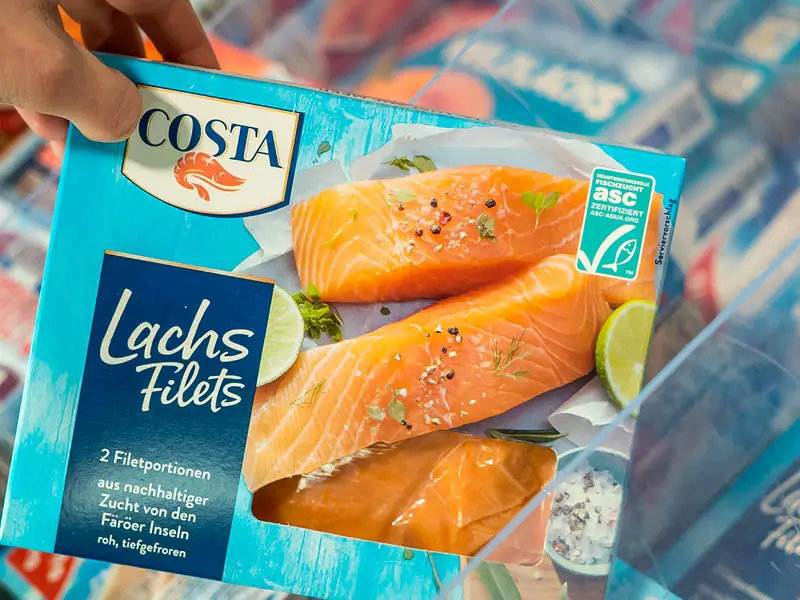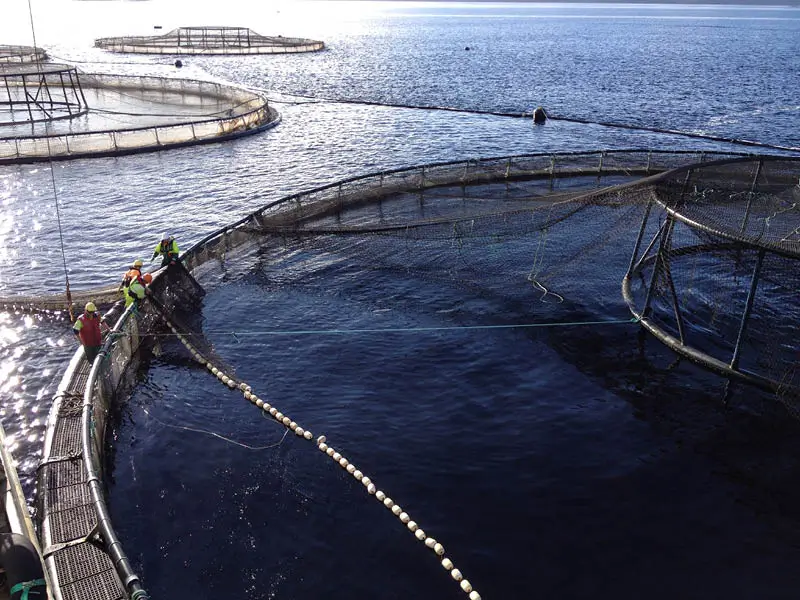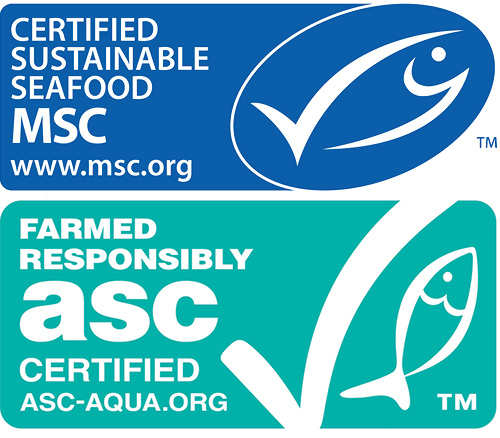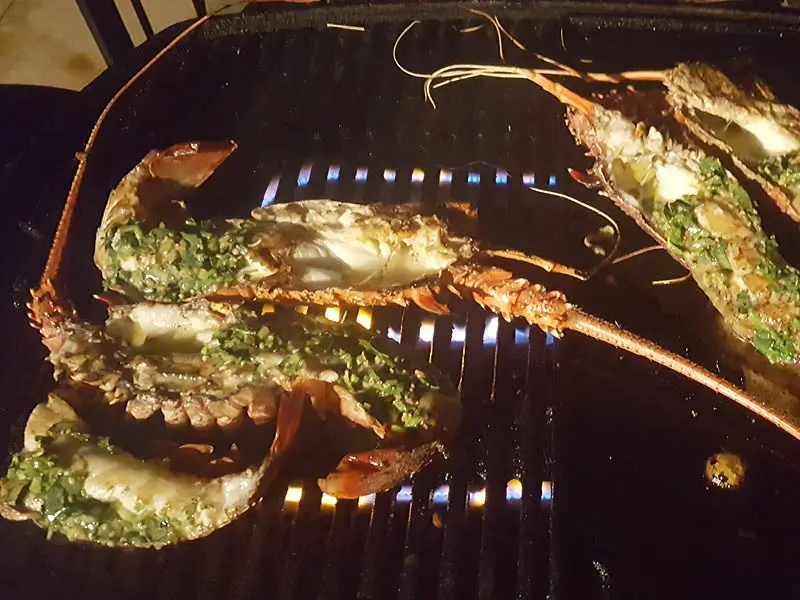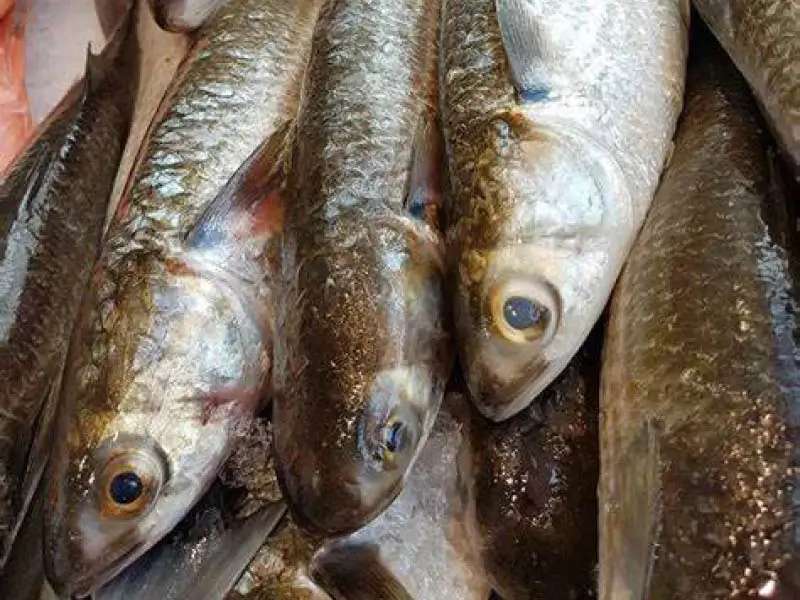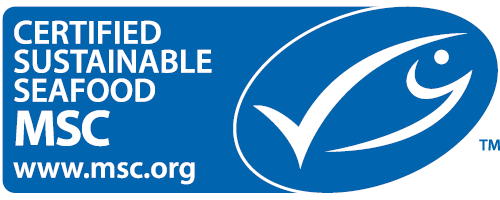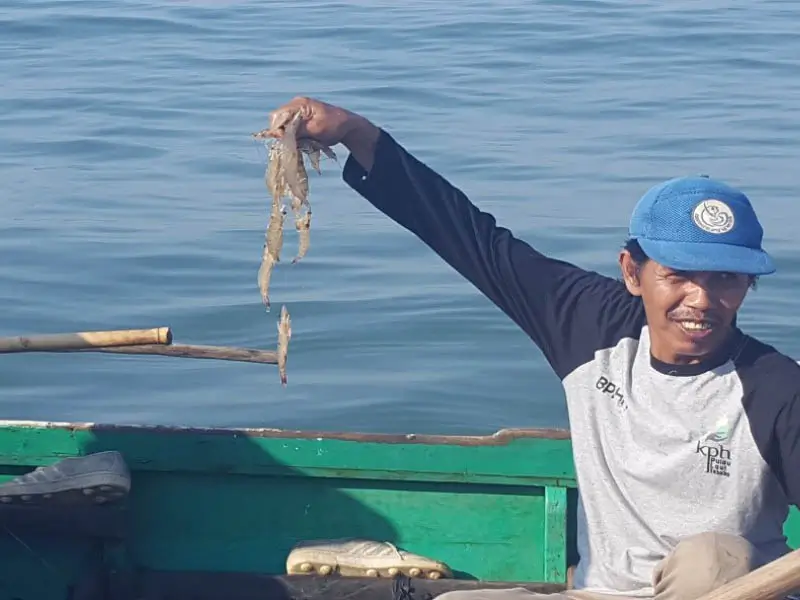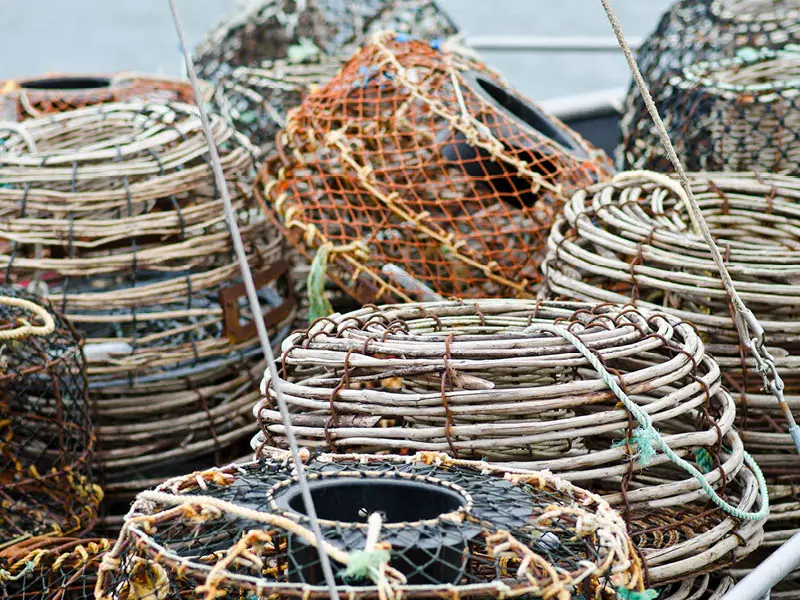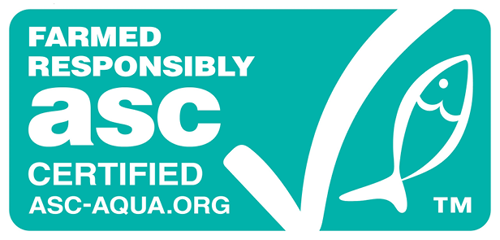
BIO.INSPECTA'S MSC AND ASC CERTIFICATION SERVICES
Our team has demonstrated a steadfast commitment to offering best practice service and quality to our clients. We are known for our rigour and professionalism. This includes specialised support through tailored advice and tools to help make the assessment projects easier to navigate for clients and stakeholders.
It also includes a passionate investment in ensuring that the value of certification is realised and that more sustainable seafood is offered to consumers worldwide, inspiring widespread uptake of sustainable fish and farming.
Please select the relevant standard to see an overview of the services available.
WHAT IS THE MARINE STEWARDSHIP COUNCIL?
The Marine Stewardship Council (MSC) is an independent not-for-profit organisation that sets an internationally recognised standard for sustainable fishing. Based on sound scientific principles, and refined over the past 20 years, the MSC Fisheries Standard consists of twenty-eight performance indicators scored across three central principles.
PRINCIPLE 1: Sustainable fish stocks
PRINCIPLE 2: Ecosystem impacts
PRINCIPLE 3: Effective management
The MSC environmental standard for sustainable fishing offers fisheries a way to confirm their credentials, assuring consumers they are well-managed and their seafood comes from a sustainable source. Certification means sustainable fisheries can be recognised and rewarded in the marketplace. Fisheries that wish to demonstrate they are well-managed and sustainable are assessed by a qualified Conformity Assessment Body who are independent of both the fishery and MSC.
bio.inspecta’s Centre for Seafood Certification is a Conformity Assessment Body whose team members have been working within the fishery industry for many years. Our highly experienced auditors have been implementing MSC certifications across the globe since 2009.
WHAT IS THE AQUACULTURE STEWARDSHIP COUNCIL?
The Aquaculture Stewardship Council (ASC) is an independent not-for-profit organisation that sets an internationally recognised standard for responsible seafood farming, known as ‘aquaculture’.
Based on sound scientific principles the ASC has developed standards for a wide range of farmed seafood; Abalone; Bivalves; Flatfish; Freshwater Trout; Pangasius; Salmon; Seabass, Seabream, Meagre; Seriola and Cobia; Shrimp; Tilapia and Tropical marine finfish. There is also a joint ASC-MSC standard for Seaweed. Each standard sets the requirements that a farm must meet to claim that its products are responsibly produced.
The ASC environmental standard for responsible aquaculture offers farmers a way to confirm their credentials, assuring consumers they are well-managed and their seafood comes from a responsible source. Certification means sustainable fisheries can be recognised and rewarded in the marketplace.
To become ASC certified, a farm is assessed by an independent Conformity Assessment Body against all requirements of the relevant standard, which includes both environmental and social aspects of responsible farming. bio.inspecta’s Centre for Seafood Certification team has been working within the aquaculture industry for many years. Our highly experienced team has expertise across all ASC species-specific standards where we have implemented ASC certifications across the globe.
WHAT IS THE MSC CHAIN OF CUSTODY?
Businesses that wish to show their consumers and clients that they are buying and selling MSC and ASC certified seafood must have MSC Chain of Custody certification. MSC Chain of Custody provides credible assurance that products sold with the MSC or ASC label originated from a certified fishery or aquaculture operation. Certification ensures seafood can be traced through the supply chain to the original certified source.
There are three MSC Chain of Custody Standards to provide for the variety of seafood operations seeking certification:
DEFAULT VERSION: Applies to an organisation with a single site or numerous sites that handle or trade certified products.
CONSUMER-FACING ORGANISATION: Applies to an organisation that serves or sells seafood directly to the final consumer.
GROUP STANDARD: Applies to an organisation with multiple sites and to groups of individuals or organisations that join together to achieve certification.
To achieve certification, all traders, distributors, processors and retailers trading in MSC or ASC certified seafood are required to have effective traceability systems in place, assessed by an independent, third-party Conformity Assessment Body qualified to audit the organisation against the MSC Chain of Custody Standard. bio.inspecta is an accredited Conformity Assessment Body and highly qualified to undertake the required audit under the MSC Chain of Custody Standard.
IS THERE A CHAIN OF CUSTODY STANDARD FOR AQUACULTURE STEWARDSHIP COUNCIL PRODUCTS?
The MSC and ASC have partnered to share the MSC Chain of Custody Standard. This means a single Chain of Custody certification audit handling both MSC and ASC products, although separate certificates are issued.
WHAT IS AN MSC FISHERY IMPROVEMENT PROJECT?
A Fishery Improvement Project is the process of improving a fishery in an effort to achieve ongoing sustainable practices by creating measurable change. Specifically, it is a formal project which identifies gaps in a fishery’s management and implements a time-bound and transparent plan to improve to a sustainable level.
While there is a range of Fishery Improvement Projects versions in progress globally, it is largely agreed that credible versions involve these key components:
- An initial pre-assessment
- Development of an improvement action plan
- Regular reporting on progress during implementation
- Independent verification of progress
Fisheries that are in a Fishery Improvement Project are not yet regarded as sustainable but are considered responsible as they are actively addressing identified gaps transparently. Consequentially, many large corporates with sustainable sourcing commitments include products from credible Fishery Improvement Projects as acceptable within their sourcing policies.
WHAT IS AN ASC AQUACULTURE IMPROVEMENT PROJECT?
An ASC Aquaculture Improvement Project is the process of transforming an aquaculture operation in an effort to achieve ongoing responsible practices by creating measurable change. Specifically, it is a formal project which identifies gaps in a farm’s management and implements a time-bound and transparent plan to improve to a responsible standard.
While the concept and requirements of an MSC Fishery Improvement Project are well developed, the requirements of ASC Aquaculture Improvement Projects are less so. Regardless, successful Aquaculture Improvement Projects are demonstrating the same key components as those of fisheries:
- An initial pre-assessment
- Development of an improvement action plan
- Regular reporting on progress during implementation
- Independent verification of progress
As farms in an Aquaculture Improvement Project are considered responsible in their efforts to actively address gaps transparently, many large corporations with sustainable sourcing commitments include products from credible Aquaculture Improvement Projects as acceptable within their sourcing policies.

